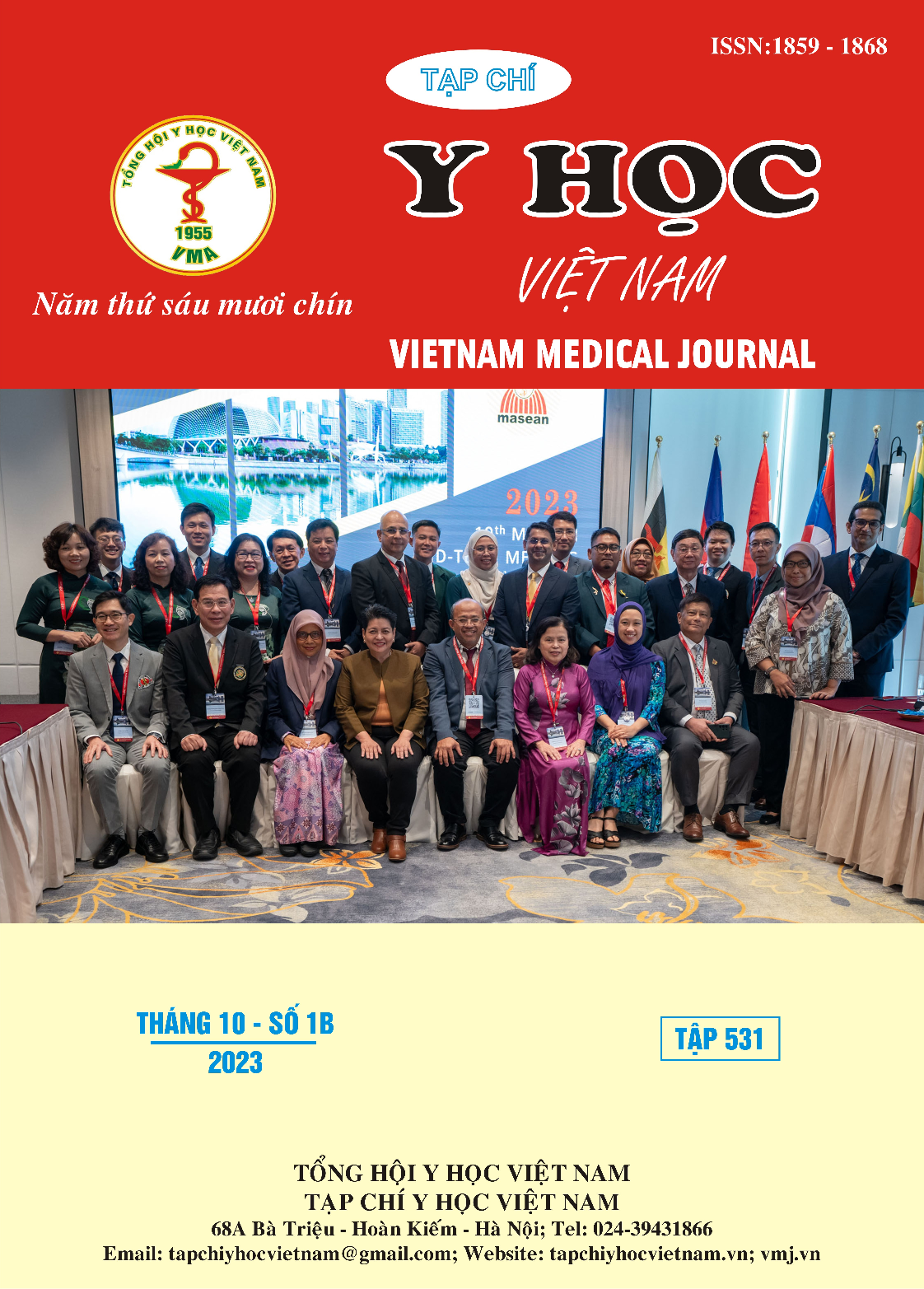ORAL MUSCOSITIS DURING AND AFTER CHEMOTHERAPY HEAD AND NECK CARCINOMA
Main Article Content
Abstract
Objectives: To describe clinical and paraclinical characteristics of oral mucositis during and after chemotherapy and radiotherapy for carcinoma of the head and neck region. Subjects and methods: The object of the study is the published studies analyzing and evaluating oral mucositis during and after chemotherapy and radiotherapy for carcinoma of the head and neck region. Results: 21 out of 256 studies found in the databases were included in the review. The average age of patients in the studies was 55, of which 81% were male, the remaining 19% were female. The frequency of mucositis was highest in patients treated with fractional radiotherapy, affecting 100% of patients overall. Nearly all patients receiving conventional radiation therapy (97%) or combination chemotherapy and radiotherapy (90%) had a history of mucositis. The rate of mucositis was lowest (22%) in patients receiving chemotherapy alone. Patients treated with fractional radiation also had the most severe mucositis, with more than half (57%) having grade 3–4 mucositis. Mucositis (grades 3–4) is also prevalent (43%) in patients receiving combination chemotherapy and radiotherapy and in more than a third (34%) of patients receiving conventional radiotherapy. No patient on chemotherapy alone had grade 3–4 mucositis. Conclusions: Mucositis is a frequent, severe toxicity in patients treated with RT for head and neck cancer. While it appears that mucositis may lead to hospitalization and treatment interruptions, its overall impact on outcomes has not been adequately investigated.
Article Details
Keywords
Oral mucositis, Chemotherapy, head and neck carcinoma
References
2. Barasch A, Peterson DE. Risk factors for ulcerative oral mucositis in cancer patients: unanswered questions. Oral Oncol. 2003 Feb; 39(2):91–100.
3. Epstein JB, Gorsky M, Guglietta A, Le N, Sonis ST. The correlation between epidermal growth factor levels in saliva and the severity of oral mucositis during oropharyngeal radiation therapy. Cancer. 2000; 89(11): 2258–2265.
4. Woo SB, Sonis ST, Sonis AL. The role of herpes simplex virus in the development of oral mucositis in bone marrow transplant recipients. Cancer. 1990 Dec 1;66(11):2375–2379.
5. Rajesh V. Lalla, Stephen T. Sonis, Douglas E. Peterson. Management of Oral Mucositis in Patients with Cancer 2008 Jan, 52(1) 61-77
6. Thierry M. Muanza; Ana P. Cotrim; Mathew McAuliffe. Evaluation of Radiation-Induced Oral Mucositis by Optical Coherence Tomography. Clin Cancer Res (2005) 11 (14): 5121–5127
7. Lalla RV, Schubert MM, Bensadoun RJ, Keefe D. Anti-inflammatory agents in the management of alimentary mucositis. Support Care Cancer. 2006 Jun;14(6):558–565
8. Cheng KK. Oral mucositis, dysfunction, and distress in patients undergoing cancer therapy. J Clin Nurs. 2007 Feb 20
9. Raber-Durlacher J, Barasch A, Peterson DE, Lalla RV, Schubert MM, Fibbe WE. Oral Complications and Management Considerations in Patients Treated with High-Dose Cancer Chemotherapy. Supportive Cancer Therapy. 2004;1(4):219–229
10. McGuire DB, Correa ME, Johnson J, Wienandts P. The role of basic oral care and good clinical practice principles in the management of oral mucositis. Support Care Cancer. 2006 Jun;14(6):541–547.


